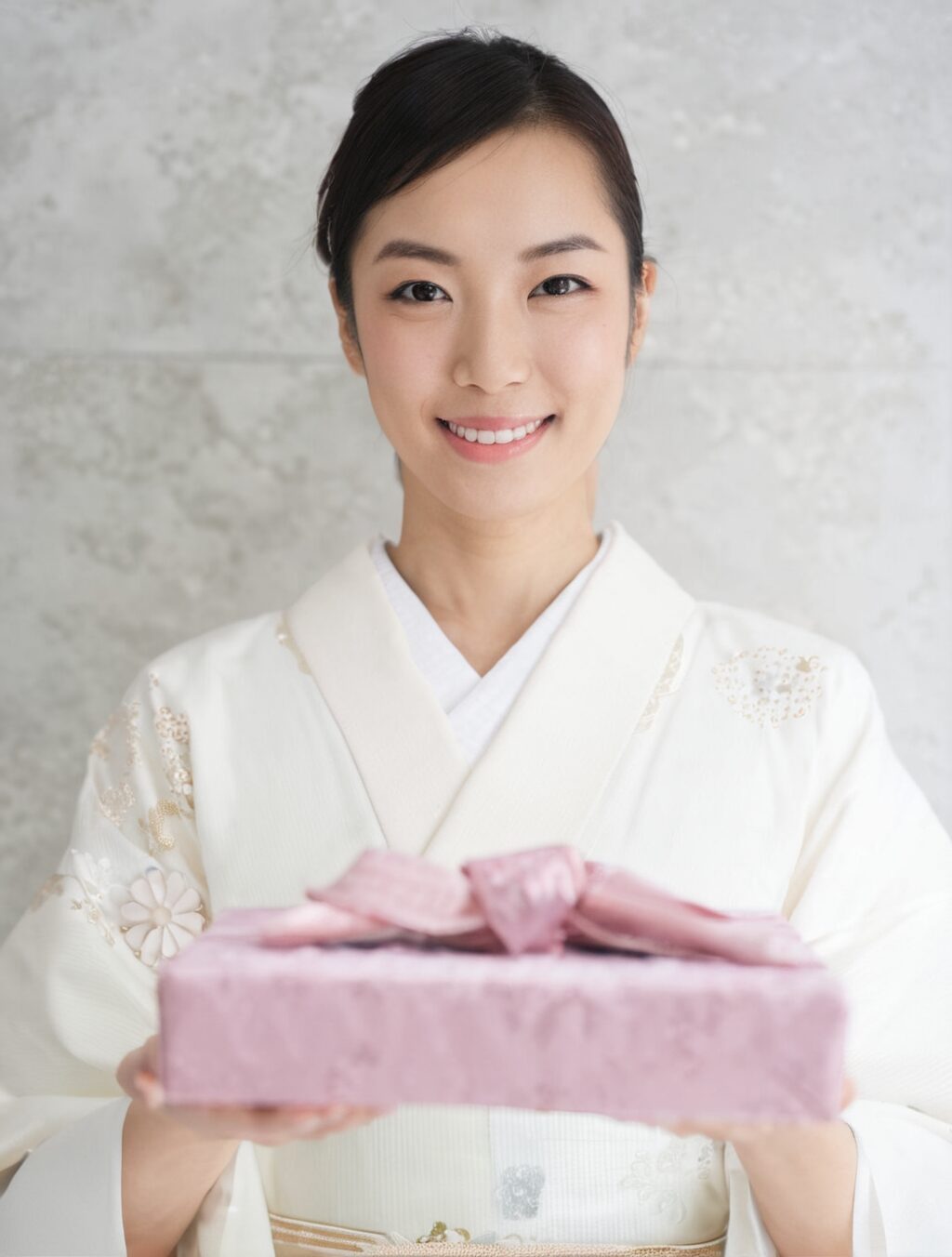Gift Etiquette in Japan: A Comprehensive Guide for Business
Win a Free Trip to Japan!
Experience cherry blossoms and ancient temples
Navigating the intricacies of gift giving etiquette in Japan is crucial for building successful business relationships. Here’s your ultimate guide to impressing your Japanese counterparts with thoughtful gestures:
- Appropriate Gifts: Opt for practical items like office supplies, electronics, or traditional Japanese souvenirs. Avoid personal items or anything that could be misconstrued as a bribe.
-
Packaging Matters: Presentation is paramount. Wrap your gift meticulously in high-quality paper and tie it with a decorative ribbon. Consider adding a small, handwritten note expressing your gratitude.
-
Exchange Etiquette: When receiving a gift, accept it with both hands and express your appreciation. Take time to admire the gift and inquire about its significance. When giving a gift, offer it with both hands and slightly bow.
-
Value of Modesty: Opt for gifts of moderate value to avoid embarrassment for the recipient. Japanese culture emphasizes humility and discretion, so flashy or extravagant presents should be avoided.
-
Timing is Key: Gift giving is typically done at the beginning or end of a business meeting. Avoid gifting before discussing business matters to prevent it from feeling like a bribe.
FAQs
-
Can I give money as a gift? Money is generally not an appropriate gift in Japan.
-
What if I’m not sure what to give? It’s always thoughtful to ask your Japanese counterpart for suggestions or to inquire about their interests.
Conclusion
Mastering gift giving etiquette in Japan is essential for establishing strong business relationships. By following these guidelines, you can show respect, build trust, and enhance your overall interactions with Japanese partners.
Japanese Gift Giving Etiquette: A Cultural Guide
Navigating the nuances of Japanese gift giving etiquette is crucial for building and maintaining relationships in Japan. Whether it’s for a business occasion, a personal celebration, or a somber event like a funeral, here’s a comprehensive guide to ensure your gestures are both thoughtful and respectful:
- Appropriate Gifts: Consider the recipient’s age, gender, and social status. Practical gifts like electronics or office supplies are suitable for business settings. For personal occasions, opt for items like traditional Japanese crafts or food items.
-
Packaging Matters: Presentation is paramount. Wrap your gift meticulously in high-quality paper and tie it with a decorative ribbon. Avoid using loud or flashy colors, as these may be seen as disrespectful.
-
Exchange Etiquette: When receiving a gift, accept it with both hands and express your appreciation with a slight bow. When giving a gift, offer it with both hands and say “どうぞ” (どうぞ).
-
Value of Modesty: Japanese culture emphasizes humility. Avoid giving extravagant or overly expensive gifts, as these may embarrass the recipient. Opt for gifts of moderate value that show thoughtfulness and respect.
-
Timing is Key: Gift giving is typically done at the beginning or end of a business meeting or social gathering. Avoid giving gifts before discussing important matters, as this may be seen as a bribe.
Specific Occasions
-
Business Gift Giving: Practical gifts like office supplies or electronics are appropriate. Avoid personal items or anything that could be misconstrued as a bribe.
-
Funeral Gift Giving: Traditionally, white flowers or incense are given as condolence gifts. Avoid giving money or red flowers, as these are associated with joy and celebration.
-
Gift Wrapping Etiquette: Use high-quality wrapping paper and avoid using loud or flashy colors. Tie the gift with a decorative ribbon and include a small, handwritten note expressing your condolences.
Conclusion
Understanding Japanese gift giving etiquette is essential for building and maintaining positive relationships in Japan. By following these guidelines, you can show respect, convey thoughtfulness, and enhance your interactions with Japanese individuals and businesses.
gift giving etiquette japan
